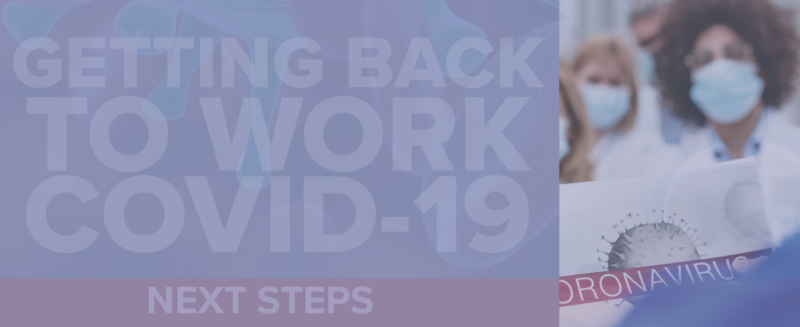CDC Says: Isolate When…
Last Updated on October 9, 2020
CDC GUIDANCE FOR ISOLATING
WHEN INFECTED WITH COVID-19
The Centers for Disease Control and Prevention (CDC) recommends isolation to separate people infected with COVID-19 from people who are not infected.
This article compiles important information from the CDC. Visit www.cdc.gov/covid-19 for more information.
Who Needs to Isolate?
People who are in isolation should stay home until it’s safe for them to be around others. In the home, anyone sick or infected should separate themselves from others by staying in a specific “sick room” or area, and using a separate bathroom, if available.
Isolation applies to all people who have COVID-19, including:
- Those who have symptoms and are able to recover at home
- Those who are asymptomatic, but have tested positive for the infection
What Steps Should You Take?
If you are sick, home isolation helps stop the spread of COVID-19. The only reason you should leave your home is to receive medical care. If you have an emergency warning sign—such as trouble breathing or persistent pain in the chest—seek emergency medical care immediately.
If you have COVID-19, it’s important to separate yourself from others. Adhere to the following practices until it’s safe to be around others:
- Monitor your symptoms.
- Stay in a separate room from other household members, if possible.
- Use a separate bathroom, if possible.
- Avoid contact with other members of the household and pets.
- Don’t share personal household items, such as dishes, cups, utensils, towels and bedding.
- Wear a mask when around other people, if possible.
If you are sick and are looking for more tips about mask wearing, hand hygiene and sanitization to help prevent the spread of COVID-19, click here.
When Can You Be Around People Again?
Ending home isolation depends on different factors for different situations. Find the CDC’s recommendations for navigating specific situations below.
Situation 1—”I think or know I had COVID-19, and I had symptoms.”
You can be around others after all three following conditions have been achieved:
- At least 10 days have passed since symptoms first appeared.
- At least 24 hours have passed with no fever, without using fever-reducing medication.
- Symptoms have improved.
Additionally, if you were admitted to a hospital and needed oxygen, your health care provider may recommend you stay in isolation longer than 10 days—possibly up to 20 days—after symptoms first appeared.
If COVID-19 testing is available in your community, your health care provider may recommend you undergo repeat testing to end your isolation earlier than would be done according to the criteria above. You can be around others after you receive two negative tests in a row, from tests done at least 24 hours apart.
Situation 2—”I tested positive for COVID-19 but had no symptoms.”
If you continue to have no symptoms, you can be with other people after 10 days have passed since the date you had your positive test.
If COVID-19 testing is available in your community, your health care provider may recommend repeat testing to end your isolation earlier than would be done according to the criteria above. You can be around others after you receive two negative tests in a row at least 24 hours apart.
If you develop symptoms after testing positive, follow the guidance above for Situation 1.
Situation 3—”I had COVID-19, or I tested positive for COVID-19, and I have a weakened immune system.”
If you are immunocomproised due to a health condition or medication, you might need to stay home and isolate longer than 10 days. Talk to your doctor for more information.
If COVID-19 testing is available in your community, your health care provider may recommend repeat testing. You can be with others after you receive two negative tests in a row at least 24 hours apart.
Additionally, your doctor may work with an infectious disease expert to determine when you can be around others.
For more information regarding HR policies during the COVID-19 crisis, or other HR needs, contact MyHRConcierge at 1-855-538-6947 x.108 or email ccooley@myhrconcierge.com.
©Zywave

